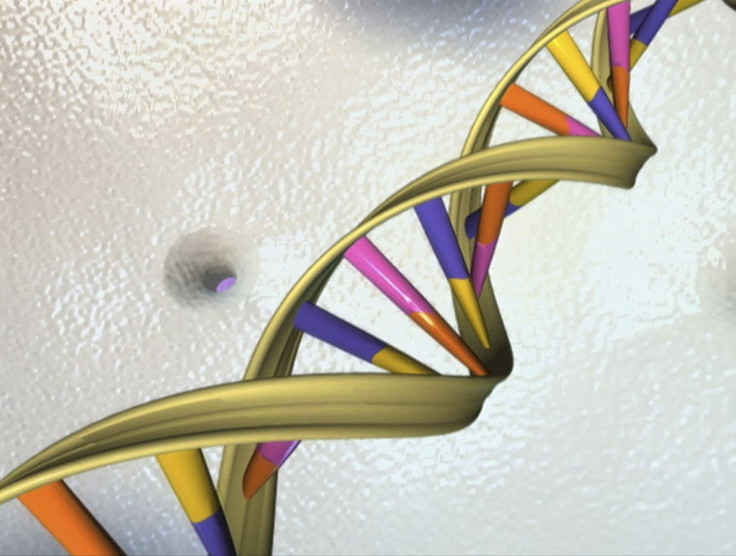What Is CRISPR? Broad Institute, UC Berkeley Can Both Have Separate Patents On Gene-Editing Technology, Appeal Board Rules

In a decision that could potentially affect the way future generations will view the development of science, the Patent Trial and Appeal Board (PTAB) of the U.S. Patent and Trademark Office (USPTO) ruled Wednesday the patent application for CRISPR-Cas9 gene-editing technology, by the Doudna/Charpentier research group from the University of California, Berkeley, did not cover the use of the technology in higher-order cells, such as those of mice and humans.
The ruling is a big boost for the rival group from the Broad Institute, made up of researchers from the Massachusetts Institute of Technology and Harvard University. Led by Feng Zhang, the Broad group took the technique developed by the Berkeley scientists and developed it further to edit the genome of mammals (though it is still far from being actually put into practice).
In its 51-page decision, the three-judge PTAB bench ruled that persuaded by arguments made by Broad, it found the claims by both sides were “patently distinct.”
“Specifically, the evidence shows that the invention of such systems in eukaryotic cells [such as those in mammals] would not have been obvious over the invention of CRISPR-Cas9 systems in any environment, including in prokaryotic cells [single-cell organisms like bacteria] on in vitro, because one of ordinary skill in the art would not have reasonably expected a CRISPR-Cas9 system to be successful in a eukaryotic environment,” the judgment said.
Broad hasn’t yet issued any statement reacting to the PTAB decision but it likely has much reason to cheer, considering the most lucrative potential for the technology’s applications lie in its use to cure human diseases and genetic disorders, including cancer.
Given the stakes, Berkeley is likely to appeal the PTAB decision. In a statement issued Wednesday, the university said it “will carefully consider all options for possible next steps in this legal process, including the possibility of an appeal of the PTAB’s decision. We will be guided, as always, by the public’s best interest and will continue to support and advance fundamental research, such as CRISPR-Cas9, that can help solve our greatest challenges across human health, agriculture, and the environment.”
While the Broad patent, filed in December 2012, was granted by the USPTO in 2014, patents filed in May 2012 by the Berkeley group have not yet been granted. That patent application is not affected by Wednesday’s ruling, which does not cancel or refuse its claim for being used in all cells, including in eukaryotic cells.
The Doudna/Charpentier research group published the seminal paper on CRISPR-Cas9 in 2012, prompting many other scientists, including the ones at Broad Institute, to develop the technique further. The technology uses a protein and ribonucleic acid (RNA) to edit the DNA of cells.
© Copyright IBTimes 2024. All rights reserved.





















